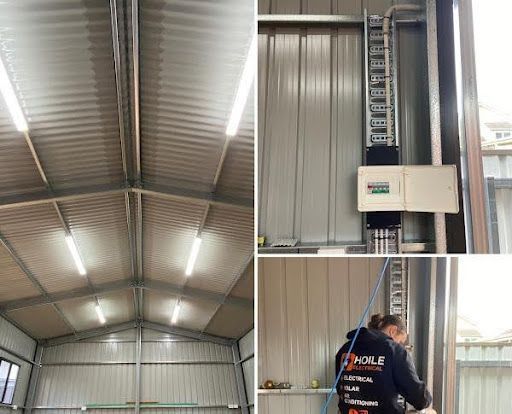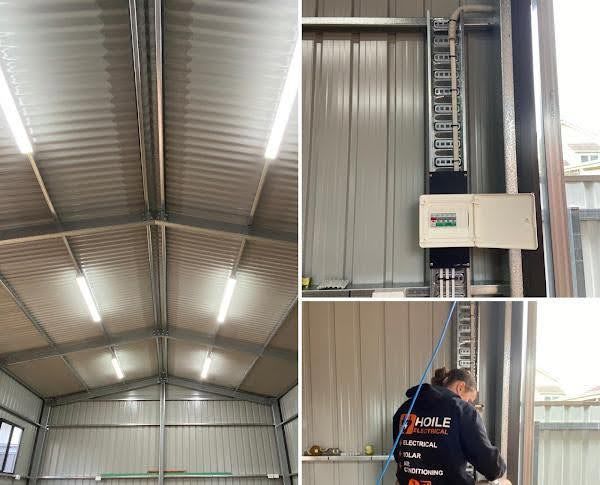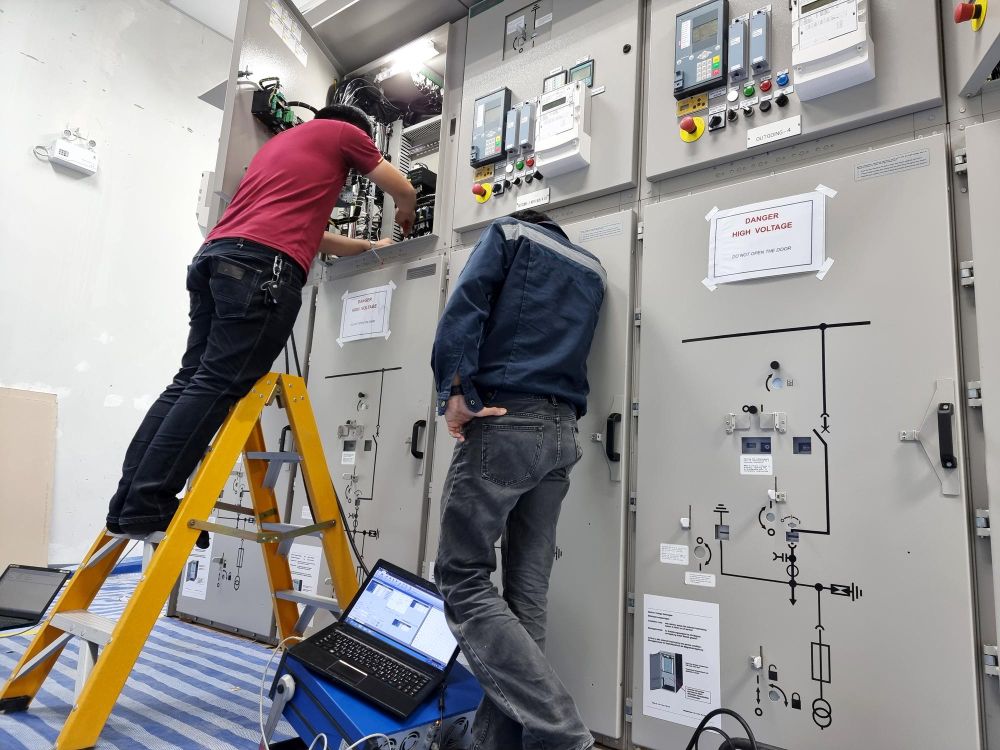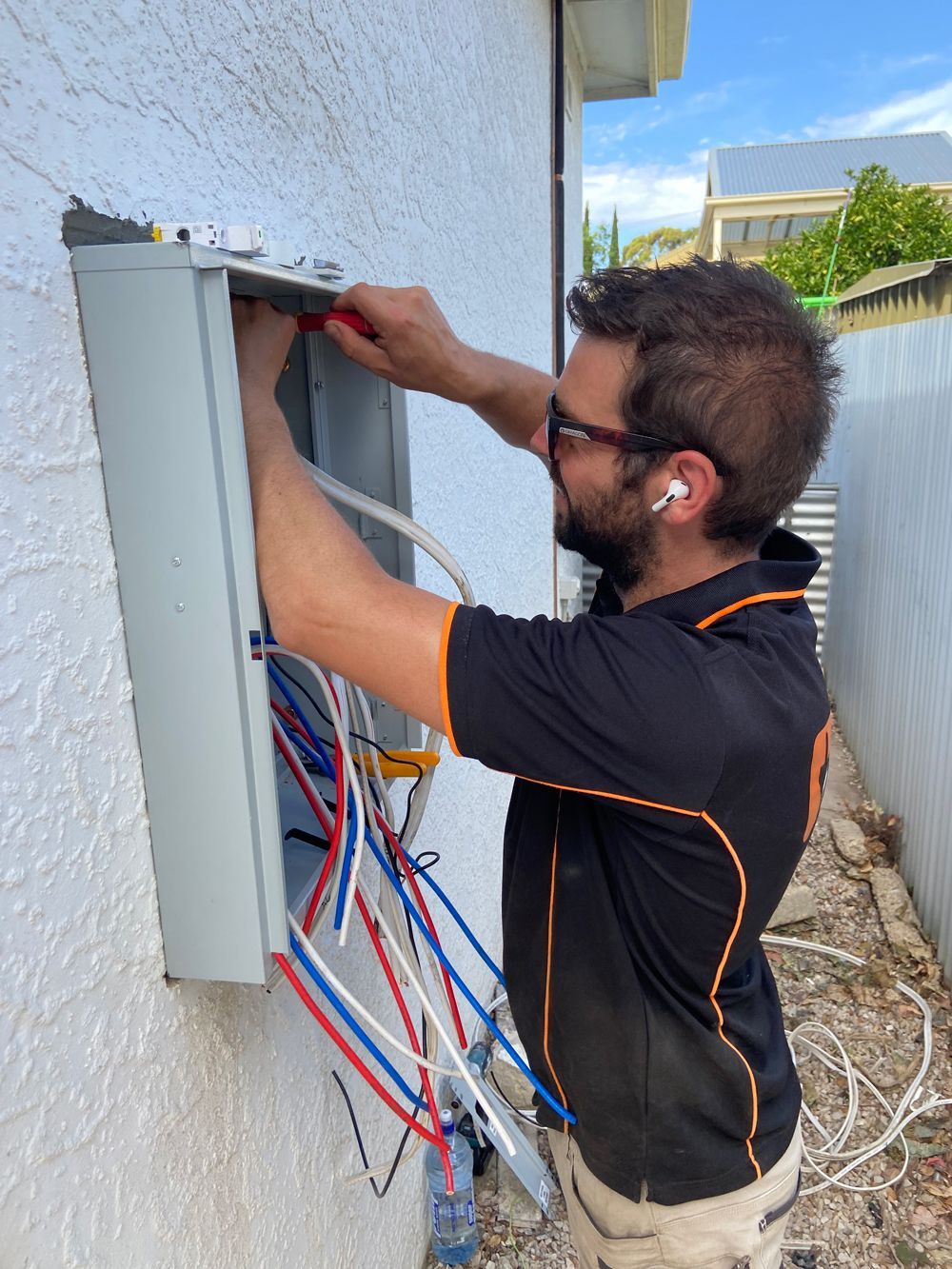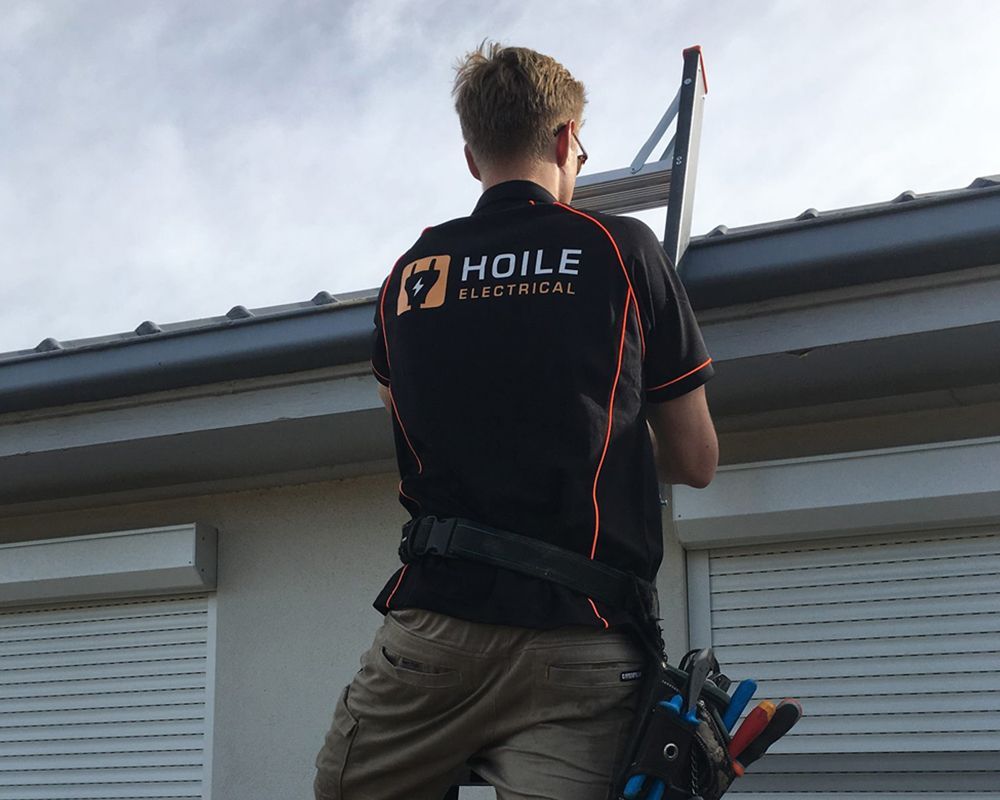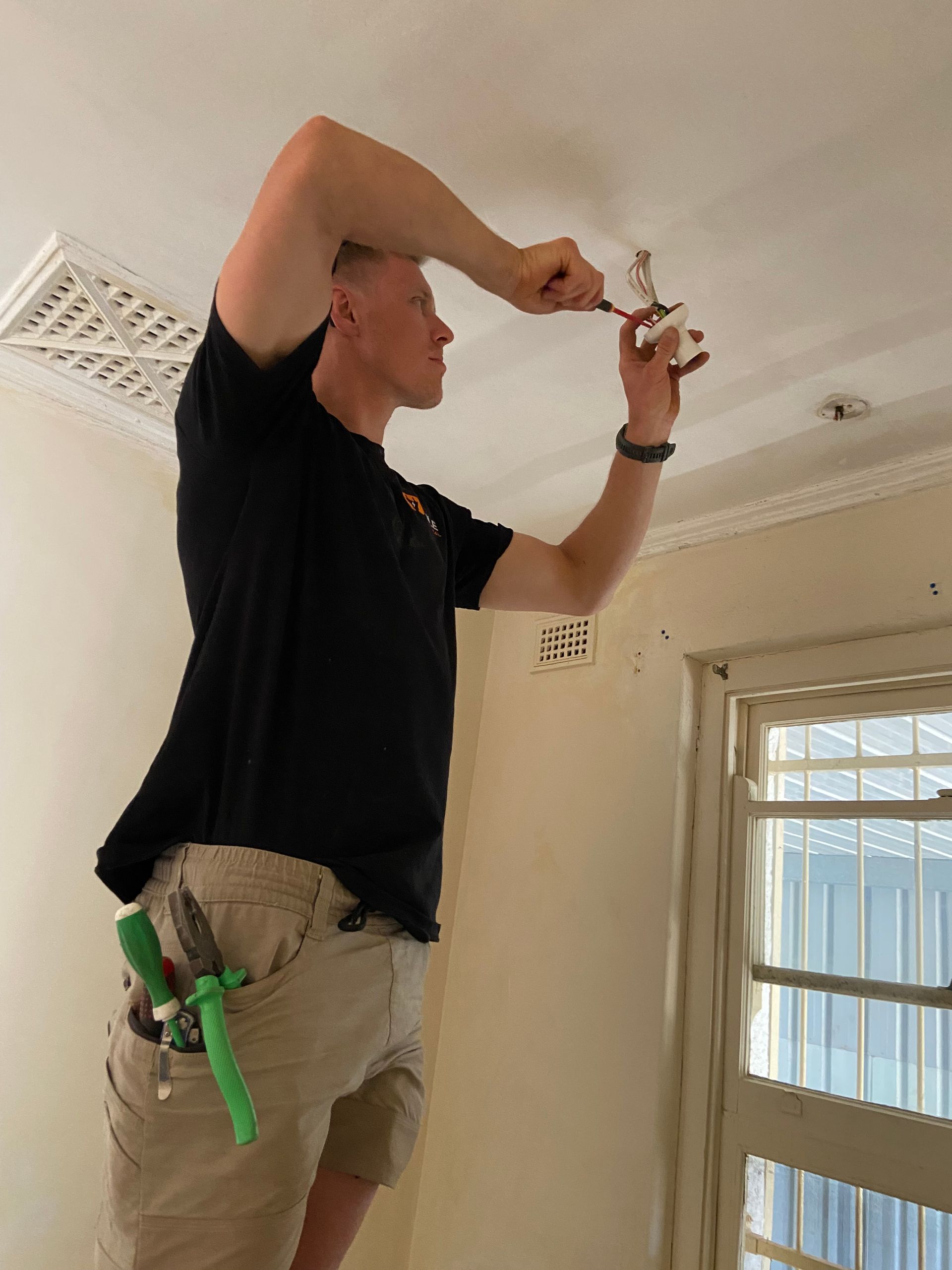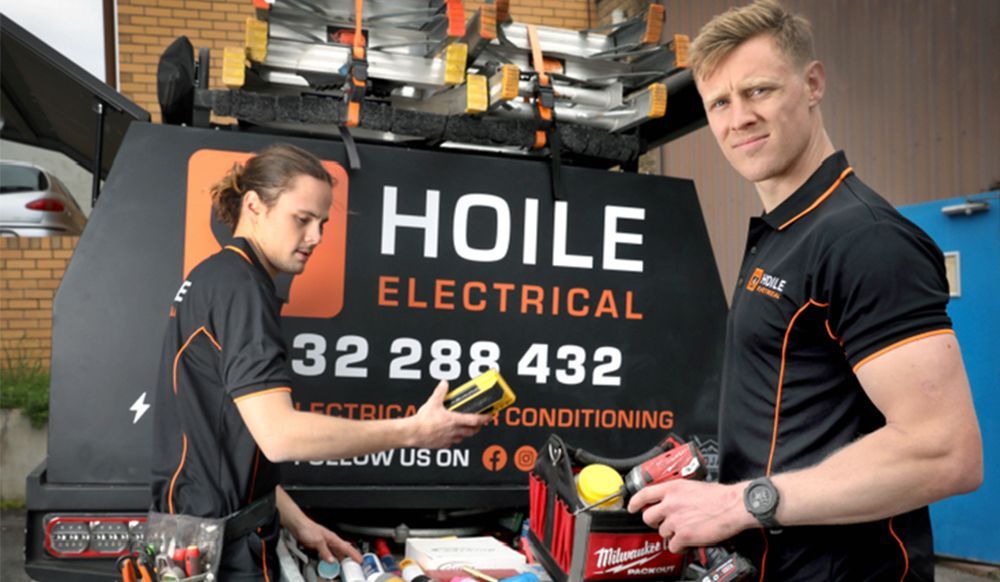How to Keep Safe in Electrical Issues
Common Electrical Issues in Homes
In this topic, you could discuss some of the most common electrical problems that homeowners face, such as overloaded circuits, faulty wiring, and outdated electrical panels. You could provide tips for how to identify these issues and what steps homeowners can take to address them.
Importance of Regular Electrical Maintenance
This topic could focus on the importance of regular electrical maintenance in homes. You could discuss the potential risks of neglecting electrical maintenance, such as electrical fires and electrical shocks, and explain how regular maintenance can help prevent these risks. You could also provide some tips for what homeowners can do to maintain their electrical systems and when they should call in a professional electrician.
Upgrading to Smart Home Technology
Many homeowners are interested in upgrading to smart home technology, such as smart lighting and smart thermostats. In this topic, you could discuss some of the benefits of these technologies and provide tips for how to make the switch to a smarter home. You could also discuss some of the electrical considerations involved in upgrading to smart home technology, such as ensuring compatibility with existing electrical systems and making sure that the home's electrical panel can handle the increased demand.
Homes in Australia are susceptible to the same kinds of electrical problems that can be found in any other country. The following is a list of some frequent electrical issues that Australian residents may face in their homes:
Circuits that are overloaded
Circuits that are overloaded might cause circuit breakers to trip, which is a potentially dangerous situation. This may occur if the same circuit is being used to power an excessive number of appliances or other devices.
Surges of electric current
Surges of electric current have the potential to cause harm to sensitive electronic equipment and appliances. Lightning strikes, problems with the power company, and defective wiring are all potential causes of these surges.
Wiring problems
Wiring problems are a major issue that can result in electrical fires. This could be the result of improper installation, damage caused by rats or insects, or just ordinary wear and tear over the course of time.
Faulty electrical appliances, short circuits and electrical fires can be caused by faulty equipment in the home's electrical system. It is essential to do routine inspections and maintenance on home appliances to guarantee that they will continue to operate effectively.
The tripping of circuit breakers occurs when there is a fault or an overload on the circuit. Circuit breakers can trip for several reasons. A malfunctioning circuit breaker, faulty appliances, or damaged wiring are all potential causes of this problem.
Lights that flicker
Lights that flicker can be an indication that there is a problem with the wiring or an electrical connection.
Shocks caused by electricity can happen if there is a problem with the way the electricity is being distributed in a building. Because of the potential for harm, immediate assistance from a qualified electrician might be required.
It is imperative that you seek the assistance of a qualified electrician if any of these electrical problems manifest themselves in your home. If you hire a professional, they will be able to determine the underlying source of the issue and verify that the electrical system in your home is safe and up to code.
The process of determining whether or not a property in Australia has an electrical problem can be challenging, but there are a few indicators that are fairly typical that homeowners can keep an eye out for. Identifying and fixing electrical problems in your home can be difficult. Here are some helpful hints:
- You should routinely inspect all of your electrical appliances and equipment for signs of wear and tear, damage, or malfunction, and have them serviced and fixed as soon as possible if any problems are found. This will eliminate the risk of any electrical risks occuring.
- Keep a sharp eye out for lights that are flickering or that change their intensity in a sporadic manner. This could be an indication of faulty wiring or other electrical problems.
- Keep an ear out for any strange humming, buzzing, or sizzling sounds that may be coming from the electrical outlets or fixtures. This may point to a connection that is not secure, bad wiring, or an overloaded circuit.
- Keep an eye out for anything that smells like burning or leaves scorch marks next to electrical outlets, switches, or appliances. This could be a sign of an electrical failure or overload, and it is imperative that it be looked into right away.
- Take attention to fuses that are blowing often or circuit breakers that are tripping frequently. This may signal that the circuit is overloaded or that there is a short circuit, both of which pose a risk of fire.
It is imperative that you take fast action to remedy any of these problems in your house if you discover any of them. The following are some of the steps that you can take:
- Switch off and unplug any appliances or gadgets that are impacted in order to prevent further damage or hazards from occurring.
- In order to inspect and identify the problem, you should get in touch with a qualified electrician. It is not a good idea to try to fix electrical problems on your own because doing so can be hazardous and could result in additional harm.
- If necessary, upgrade your home's electrical system or individual appliances. Consider upgrading your home's electrical system to ensure that it is both safe and functional, especially if it is out of date or does not comply with current regulations.
Homeowners in Australia can maintain the safety and functionality of their houses if they remain watchful and swiftly fix any electrical issues that arise.
